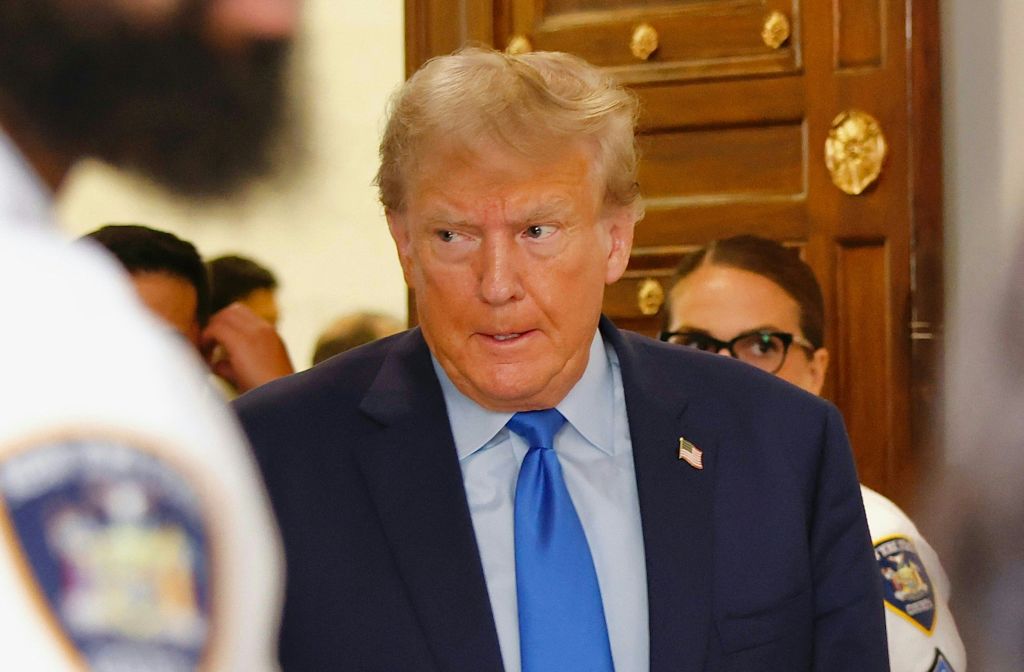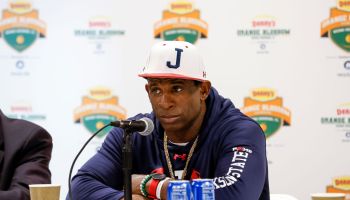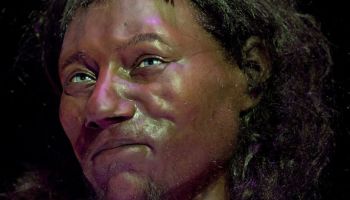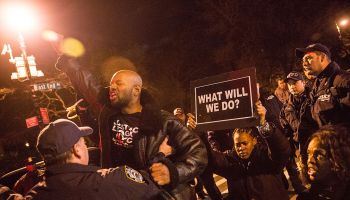It’s true.
Black America spends a good amount of time discussing race, thinking about race, experiencing race, and living through the trauma these conversations and incidents based on race bring. No surprise there — our Black and Brown skin has for so long bound us to a contentious relationship with a country that created a system of privileges and rules that disenfranchise and oppress minorities.
That’s true, too.
And although conversations about race have dominated media and social media, although Black and Brown people are still being unjustly treated or killed, and although a gunman stormed a historically Black church just two weeks ago with the intention of killing people based on their skin color, race continues to be something that only Black people are expected to confront and discuss.
As if we made this mess alone.
Something else that’s true? White people are straight up uncomfortable even thinking about race. And according to a New York Times Op-Doc video by Blair Foster and Michèle Stephenson, that’s why many of them steer clear.
The Times video, titled “A Conversation With White People On Race,” was created in an attempt to “lean into that discomfort and prompt some self-reflection.”
“We are all part of this system, and therefore we all have a responsibility to work toward dismantling it,” the Times writes. “If we’re going to have an honest conversation about race in America, that includes thinking — and talking — about what it means to be white in America. It might be uncomfortable, but it’s a conversation that must involve all of us.”
“The people we ultimately found to start the conversation on this fraught topic were uniformly well-meaning and in favor of equality. Certainly they didn’t consider themselves racists. Racism is something that is perpetrated by other people — the ones complaining about affirmative action, refusing to take down their Confederate flags and sharing racist jokes. But if so few people identify as racist, why are racial tensions so pervasive right now? Subtle racism is harder to confront.”
But how well-meaning can you be if you willfully ignore conversations about race because they make you feel weird? How well-meaning can you be if you willfully ignore a set of privileges that benefits only those with your racial identity? And for the woman who outright said discussing race is “not something” she does, how well-meaning is that, given the recent Charleston AME massacre that ended in the death of nine Black parishioners in a house of worship?
For many of us, we’re talking life or death. And for many White people, it’s a matter of comfortability.
That’s why projects like the NYT video matter. It forces White Americans to truly examine their Whiteness and their privilege and what that means for others around them. And while many won’t get it just yet — responses varied from “I am feeling apprehensive,” to “I don’t want to say anything, you know, that would offend anyone,” and “Maybe I am a racist” — there are others who we hope can start the conversation in their communities to become allies in the most responsible and helpful of ways.
But the video is just one of many projects in recent weeks that examines how uncomfortable White people are discussing race or their racial identity and frankly, we’re not so sure we’re here for it.
In a matter of days, MTV plans to premiere White People — a documentary headed by undocumented journalist and activist Jose Antonio Vargas that explores what it really means to be a White person in America.
It means a lot of privilege, a lot of ignoring race, and a lot of tears, if the trailer is any indication (at one point, one of the White subjects says she feels like she’s being discriminated against).
And while we’re hopeful that a documentary that explores White privilege on a millennial channel will spark a much-needed conversation about racism, both the blatant and the systemic, in this country, it’s also a little alarming that the first conversation many White people will be having with themselves about race is how awkward it makes them feel.
Because, you know, that’s the worst thing about confronting racism, right?
Check out the trailer below and let us know what you think about the new show:
SOURCE: NYT, MTV | VIDEO SOURCE: NYT, YouTube
SEE ALSO:
South Carolina Lawmakers Vote To Remove Confederate Flag From State House Grounds
Paula Deen’s Damage Control For Brownface Photo? Fire Your Social Media Manager…
















